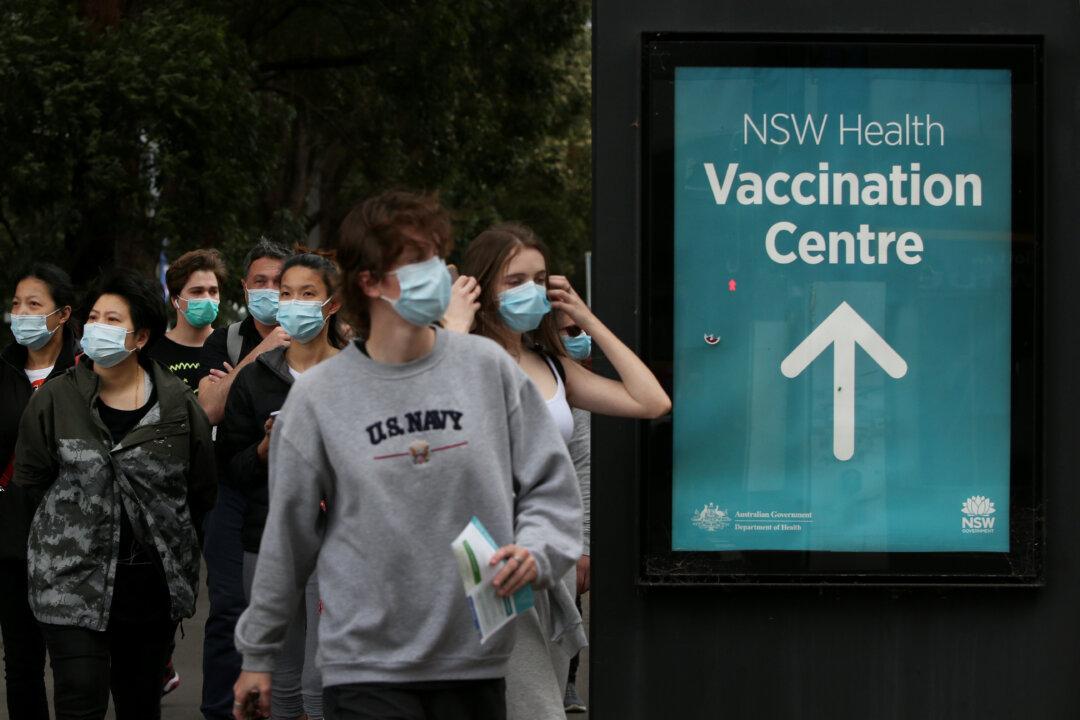Commentary
A recent trip to a local hairdresser’s shop exposed the tensions that are straining the bonds of social cohesion and institutional trust in today’s Australia.

A recent trip to a local hairdresser’s shop exposed the tensions that are straining the bonds of social cohesion and institutional trust in today’s Australia.